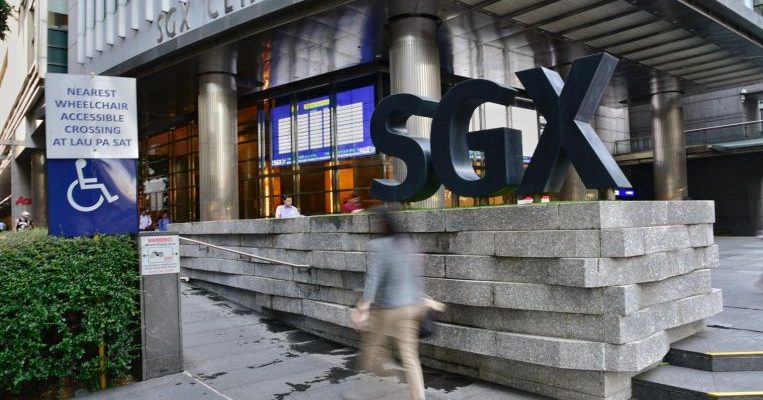
SINGAPORE – The regulatory arm of the Singapore Exchange (SGX RegCo) on Thursday morning (July 11) announced changes to two aspects of the voluntary delisting rules for listed firms, with immediate effect.
The changes come after consultations with market participants and the public last year. Small investors in companies like Aztech and Vard had previously complained that the existing rules allow issuers to get away with low-ball exit offers.
The first change requires voluntary delisting offers to be both “reasonable” and “fair”, in the opinion of the appointed independent financial adviser (IFA).
Until Thursday, an exit offer was only required to be reasonable but not fair. This amounts to “doublespeak”, minority investors have argued before.
The new change effectively pushes companies to give shareholders a better exit value if they choose to go private by way of a voluntary delisting.
To address other concerns relating to the independence of IFAs and IFA opinions, the SGX said it will also work with relevant industry bodies to develop guidance and standards for IFAs and their opinions.
To ensure investors understand the opinions of IFAs, the SGX expects the bases for determining the fairness and the reasonableness of exit offers to be separately detailed from now on.
The second change requires offerors and parties acting in concert with them to abstain from voting on the voluntary delisting resolution. This is the case in jurisdictions such as Hong Kong and Australia, where minority investors ultimately determine the voting outcome.
Arising from feedback, the approval threshold is maintained at 75 per cent of the total number of shares held by independent shareholders present and voting. The 10 per cent block will be removed.
Effectively, offerors will go from having a strong influence in the exit vote to zero influence.
Tan Boon Gin, chief executive officer of SGX Regco, said: “A delisting reduces the exit channels for shareholders who remain invested in what is now a private company. As such, companies implementing a voluntary delisting are subject to certain requirements to safeguard investor interest.”
SGX Regco had originally sought feedback on amending the approval threshold for voluntary delistings to a simple majority of 50 per cent. Mr Tan explained: “The feedback we received raised the question of whether delisting is a sufficiently important decision of the issuer to warrant a high approval threshold. We concluded that the approval threshold should be kept at 75 per cent, to give independent shareholders a say in the delisting in all situations.”
The SGX stressed on Thursday that offerors should not use other forms of privatisation to avoid complying with the above requirements.
A voluntary delisting process (in which shareholders vote on whether to accept an exit offer) is one of four mechanisms by which an offeror can privatise a listed company.
The most frequently used mechanism is a general offer under the Singapore Takeover Code.
Therefore, where a general offer is made, the SGX will generally consider waiving the exit offer and the shareholder vote requirements if the offer is fair and reasonable; and at the close of the offer, the offeror has received acceptances from at least 75 per cent of independent shareholders.
Issuers will remain listed if these waiver conditions are not met, the SGX stressed: “If the public float of the issuer falls below the minimum threshold, SGX RegCo may suspend trading of its securities. In the meantime, the issuer must meet its continuing obligations under the listing rules, including restoring its public float.”
The two other privatisation mechanisms under the Singapore Companies Act are a scheme of arrangement and the right of compulsory acquisition once an offeror has acquired 90 per cent of issuer’s shares.
Investment specialist S. Nallakaruppan, a former Vard shareholder, told The Business Times: “We had always taken the stand that the ‘not fair but reasonable’ opinion issued by the IFAs and normally adopted by the independent directors didn’t make sense at all. This convoluted opinion benefits only the major shareholder whose interests were unfairly protected.
“Although we Vard shareholders were not protected by the present change to much fairer regulations, we can hold our heads high for being a catalyst for this change. Kudos to the Vard shareholders who have persevered and protected the interests of minority shareholders from future unfair delistings.”
